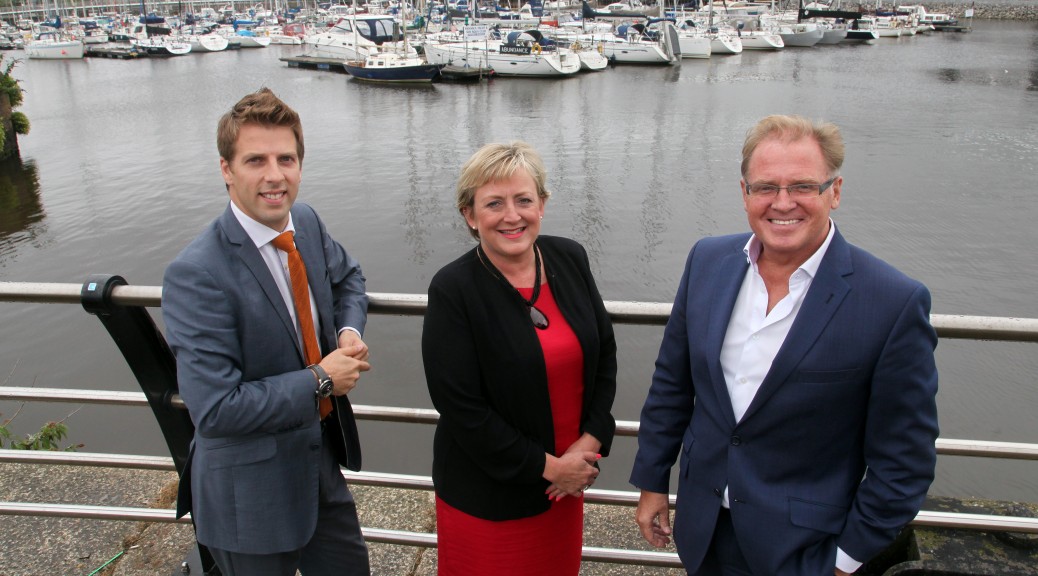Dawsons is at the forefront of helping to make landlords fully aware of updated regulations brought in under Rent Smart Wales.
Those regulations require all landlords to be registered and licensed, or if landlords are using an agent that they ensure their agent is licensed.
The regulations came into force on November 23rd last year, requiring landlords and agents to comply with the new legislation, licensing those who deal with letting and management activities of properties within the private rented sector.
It is intended that the legislation will result in improved standards of letting, provide more information on landlords for tenant verification, raise awareness by landlords and agents of their respective rights and responsibilities and raise awareness by tenants of their respective rights and responsibilities.
But if your property is managed by Dawsons, you need not worry assured the estate agent’s Lettings Director Ricky Purdy.
“As a market leading letting agent, Dawsons began to prepare for this change in January of 2015,” explained Ricky.
“We have ensured our already knowledgeable and experienced staff have attended the courses required by Rent Smart Wales, and have passed all follow up validation tests successfully.
“This requirement along with several others such as client money protection, and affiliation to a recognised redress scheme, mean that Dawsons will be among the very first licensed agents in Wales.
“As a result of our forward thinking and interaction, our managed landlords can rest assured their requirements, their tenants and of course property remains in safe hands.”
Ricky also assured landlords who manage their own property that Dawsons can help.
Many self-managing landlords once aware of the requirements by Rent Smart Wales, will decide it the ideal time to approach a local and trusted letting agent for additional information.
“Taking this into account, we at Dawsons have prepared for this very eventuality, to either provide free supporting information and support, or begin the process of property management on their behalf, thus dealing with all of the licensing requirements,” added Ricky.
After the system comes into force the scheme will be policed by local authorities who are responsible for any necessary enforcement action against non-compliance.
These powers will be given to the authorities a year after the system comes into force to give time to those who must comply without fear of prosecution.
Any landlord who has a rental property in Wales which is rented on an assured, assured short hold or regulated tenancy is required to register.
Depending on how a property is owned will determine who needs to register it. All registrations are done through Rent Smart Wales (rentsmartwales.gov.wales).
Landlords who do undertake letting and management tasks at their rental properties in Wales are required to apply for a licence. Such landlords are often described as ‘self-managing’, once again license requirements the granting of a license are do through Rent Smart Wales.
For advice, and to discover the many benefits and services of being a Dawsons landlord, please contact one of their five dedicated offices.


